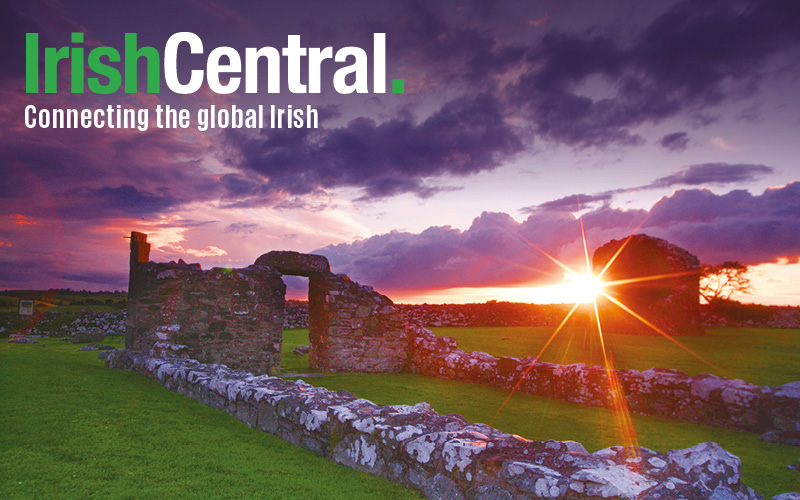President of Ireland Michael D Higgins has called for three men executed by the British 135 years ago to be pardoned.
In 1882 five members of the Joyce family were brutally murdered in their homes in the parish of Mám Trasna on the Galway/Mayo border.
10 men were accused of butchering the family to death but in a much followed trial, three of the ten, Myles Joyce, Pat Casey and Pat Joyce, were sentenced to hang, five were given life sentences and the other two escaped punishment after turning “Queen’s evidence” and testifying against for the prosecution.
Even at the time the case attracted great controversy as the trial took place in Dublin – far away from the men’s Connemara homes. Not only that, but the trial took place wholly through the English language despite the fact that many of the accused were monolingual Irish speakers.
Read More: Astonishing Ned Kelly photo found after over a century
The Dublin judge and jury spoke no Irish and as such testimony given by the accused men through the language was ignored. Even one attorney assigned to help spoke only English.
Witnesses received huge sums of money for testifying, $185,000 in today’s money, far in excess of what would normally have been given.
On the way to the gallows on December 15, 1882 one of the condemned, Myles Joyce, is said to have remarked, “I will see Jesus Christ in a short while – he too was unjustly hanged… I am going… God help my wife and her five orphans.”
Two years later one of the witnesses, Tom Casey, tentatively approached the Archbishop of Tuam, Dr John McEvilly, at Mass.
His testimony, he confessed, had been a lie and three innocent men were dead because of it.
Uproar followed but a demand by legislators in the British Parliament for an inquiry was ignored and led to the fall of William Gladstone’s Government after the Irish Party withdrew its support.
Read More: Irishman hanged for murder 74 years ago will be officially pardoned
President Higgins thinks the time is now right for the trio who died to be pardoned.
“The government has appointed an expert to examine the case. I look forward to receiving the expert’s opinion and the government’s advice on the matter,” Higgins told a TG4 documentary maker.
“If it were up to me, the formalities aside, I would be happy to accept that the injustice which occurred should be recognized.
“My view is that the moral issue is clear,” he continued, “everything that happened at the level of the state was horrendous.
“There was bribery involved. The accused didn’t get a proper chance to defend themselves. There wasn’t an atmosphere of equality and there was no equality as regards legal processes at that time.
“They [the British authorities] viewed them as a race apart who were not on equal footing with ordinary civilized people.”
Ar chúl an cheamara le ‘Murdair Mhám Trasna’."Three Irish speakers were condemned to death – in a language they did not understand – for the murder of a family in Maamtrasna in 1882 in a miscarriage of justice that resonates to this day" Murdair Mhám Trasna ag teacht go luath ar TG4
Posted by Murdair Mhám Trasna on Tuesday, July 11, 2017
The documentary, “Murdair Mhám Trasna,” by journalist Ciaran Ó Cofaigh will be broadcast on Ireland’s Irish language channel, TG4, and Ó Cofaigh is still holding out that the men will be pardoned.
“It would be wonderful if the injustice suffered by those innocent men 135 years ago were to be recognized now by the granting of posthumous pardons. It is certainly better late than never,” he told The Times.




Comments